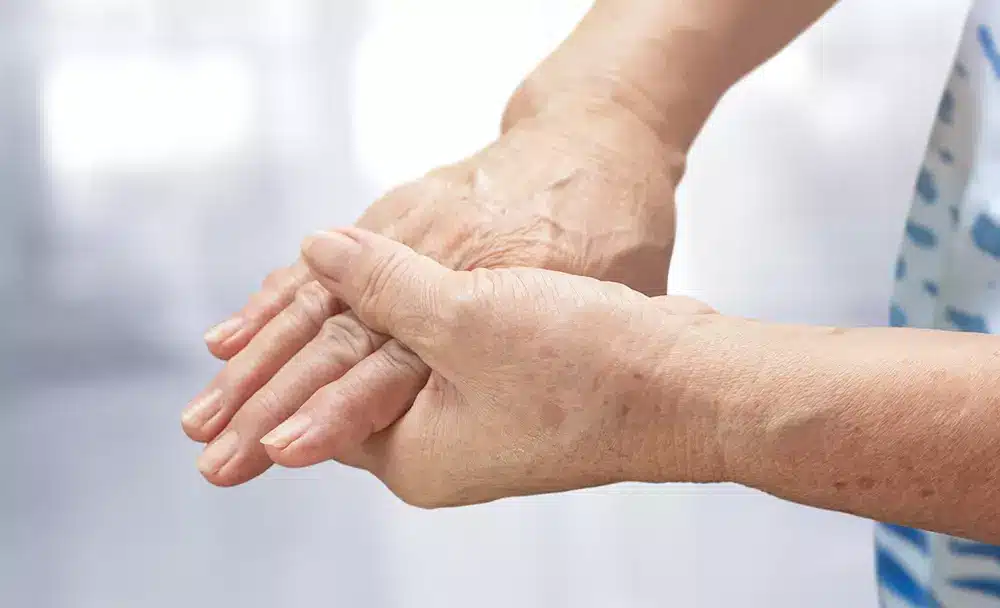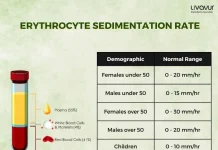This article is reviewed by an expert
Beriberi is a condition caused by a deficiency of thiamine (vitamin B1) in the body. Thiamine plays a crucial role in converting food into energy and supporting the proper functioning of the nervous system, muscles, and cardiovascular system. In Ayurveda, beriberi is understood as a manifestation of an imbalance in the body’s doshas and can be managed through dietary modifications, herbal remedies, and lifestyle changes. In this article, we will explore the symptoms, causes, treatment, and prevention of beriberi from an Ayurvedic perspective.
Symptoms of Beriberi
The symptoms of beriberi can vary depending on the type and severity of the condition. In general, beriberi is classified into two types: wet beriberi and dry beriberi.
Wet beriberi primarily affects the cardiovascular system and may manifest symptoms such as rapid heart rate, shortness of breath, swelling in the lower extremities, and increased heart size. Individuals with wet beriberi may also experience fatigue, difficulty breathing, and fluid retention.
Dry beriberi primarily affects the nervous system and can lead to symptoms such as muscle weakness, tingling or numbness in the extremities, difficulty walking, loss of coordination, and mental confusion [1].
Causes of Beriberi
Beriberi is primarily caused by a deficiency of thiamine in the body. Thiamine is not produced in the body and must be obtained through the diet. A deficiency of thiamine can occur due to various factors, including:
- Inadequate Intake
A diet lacking in thiamine-rich foods such as whole grains, legumes, nuts, and seeds can contribute to thiamine deficiency and subsequently lead to beriberi.
- Alcohol Abuse
Excessive alcohol consumption can interfere with the absorption, storage, and utilization of thiamine in the body, increasing the risk of developing beriberi. Alcohol also impairs the ability of the liver to store thiamine.
- Digestive Disorders
Certain digestive disorders, such as Crohn’s disease, celiac disease, and chronic diarrhoea, can impair the absorption of thiamine from the diet, leading to a deficiency.
- Pregnancy and Breastfeeding
The thiamine requirement increases during pregnancy and breastfeeding. If the intake is inadequate, it can result in a thiamine deficiency and potentially lead to beriberi.
Treatment and Prevention of Beriberi [1] [2] [3]
Ayurveda provides holistic approaches to both the treatment and prevention of beriberi. The focus is on restoring balance to the body’s doshas and improving overall health. Here are some Ayurvedic recommendations:
- Diet Modification
Consuming a well-balanced diet rich in thiamine is essential. Include foods such as whole grains, legumes, nuts, seeds, lean meats, and dairy products. Avoid excessive consumption of processed foods, refined sugars, and alcohol.
- Herbal Remedies
Ayurvedic herbs such as Shatavari, Ashwagandha, Brahmi, and Amalaki are known for their rejuvenating properties and can support the overall well-being of the body, including the nervous and cardiovascular systems.
- Lifestyle Changes
Engage in regular physical activity, practice stress management techniques like yoga and meditation, and ensure an adequate amount of rest and sleep.
- Consultation with an Ayurvedic Practitioner
Seek guidance from an experienced Ayurvedic practitioner who can provide personalized recommendations based on your specific constitution and health condition.
Conclusion
In conclusion, beriberi is a condition caused by a deficiency of thiamine (vitamin B1) in the body, which can manifest as wet or dry beriberi with symptoms affecting the cardiovascular or nervous system, respectively. From an Ayurvedic perspective, beriberi is considered an imbalance in the body’s doshas and can be managed through dietary modifications, herbal remedies, and lifestyle changes.
Ayurveda emphasizes the importance of a well-balanced diet rich in thiamine-containing foods such as whole grains, legumes, nuts, and seeds. Herbal remedies like Shatavari, Ashwagandha, Brahmi, and Amalaki are known for their rejuvenating properties and can support overall health, including the nervous and cardiovascular systems. Adopting a healthy lifestyle that includes regular physical activity, stress management techniques, and adequate rest is also crucial.
Early detection and prompt intervention are key to managing beriberi effectively. Consulting with an experienced Ayurvedic practitioner can provide personalized recommendations based on an individual’s constitution and health condition. While beriberi can be effectively managed and symptoms alleviated through proper treatment, a complete cure depends on the individual’s condition, adherence to the treatment plan, and overall health.
Frequently Asked Questions (FAQs)
- Can beriberi be cured completely?
While beriberi can be effectively managed and symptoms can be alleviated through proper treatment, a complete cure depends on the individual’s condition, adherence to the treatment plan, and overall health. Early detection and prompt intervention increase the chances of a successful recovery.
- How long does it take to recover from Beriberi?
The duration of recovery varies depending on the severity of the condition, overall health, and adherence to the treatment plan. With appropriate treatment, significant improvement can be observed within weeks to months.
- Is Beriberi contagious?
No, beriberi is not contagious. It is a nutritional deficiency disorder caused by insufficient intake or absorption of thiamine.
- Can Beriberi be prevented?
Yes, beriberi can be prevented by consuming a balanced diet rich in thiamine-containing foods, avoiding excessive alcohol consumption, and maintaining a healthy lifestyle. Regular health check-ups and consultation with a healthcare professional are also beneficial.
- Can beriberi lead to complications if left untreated?
Yes, if left untreated, beriberi can lead to various complications. In severe cases, wet beriberi can result in heart failure, pulmonary oedema (fluid accumulation in the lungs), and even death. Dry beriberi, on the other hand, can lead to neurological problems, muscle weakness, and peripheral neuropathy. Prompt diagnosis and appropriate treatment are crucial to prevent complications and promote recovery.
Disclaimer: This article is written from a health and lifestyle perspective. It is for general information and not meant to substitute any medical advice. Please consult your doctor for appropriate medical consultation.


















